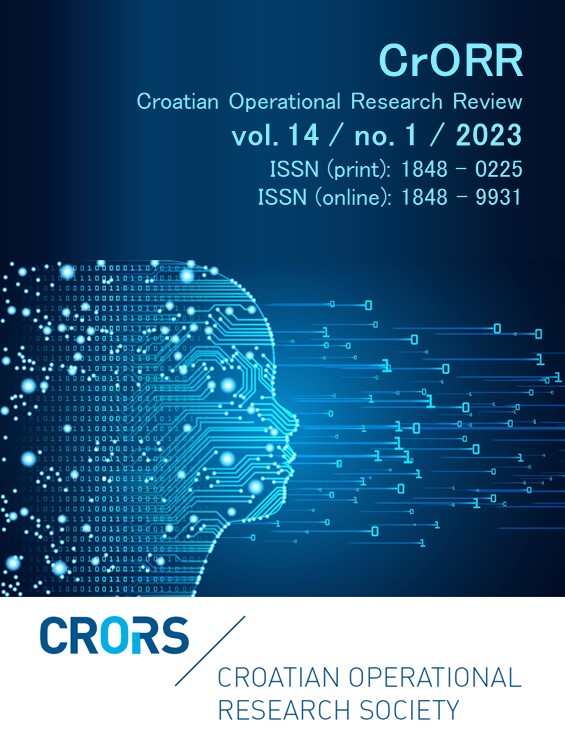Economic complexity and income inequality in EU countries
Abstract
The article studies the relationship between economic complexity and income inequality across EU countries from 1995 to 2020. The analysed period characterises high globalisation in which “new” EU countries experienced a high transformation of their productive structure. Production structure largely determines income distribution and, thus, income inequality. We employed panel data methodology to assess the relationship between economic complexity and income inequality. To control for economic activity and education, GDP per capita and average years of secondary schooling are also included in the analysis. Expectedly, our findings point to the correlation between economic complexity and income inequality in EU countries. However, the results also indicate an opposite effect between the “old” EU member states and a group of “new” EU member states. This finding suggests that “new” EU members needed more economic complexity in the observed period to reduce income inequality.
Downloads
Published
Issue
Section
License
- Authors retain copyright and grant the journal right of first publication with the work simultaneously licensed under a Creative Commons Attribution License that allows others to share the work with an acknowledgement of the work's authorship and initial publication in this journal
- Authors are able to enter into separate, additional contractual arrangements for the non-exclusive distribution of the journal's published version of the work (e.g., post it to an institutional repository or publish it in a book), with an acknowledgement of its initial publication in this journal.
- Authors are permitted and encouraged to post their work online (e.g., in institutional repositories or on their website) prior to and during the submission process, as it can lead to productive exchanges, as well as earlier and greater citation of published work (See The Effect of Open Access).


